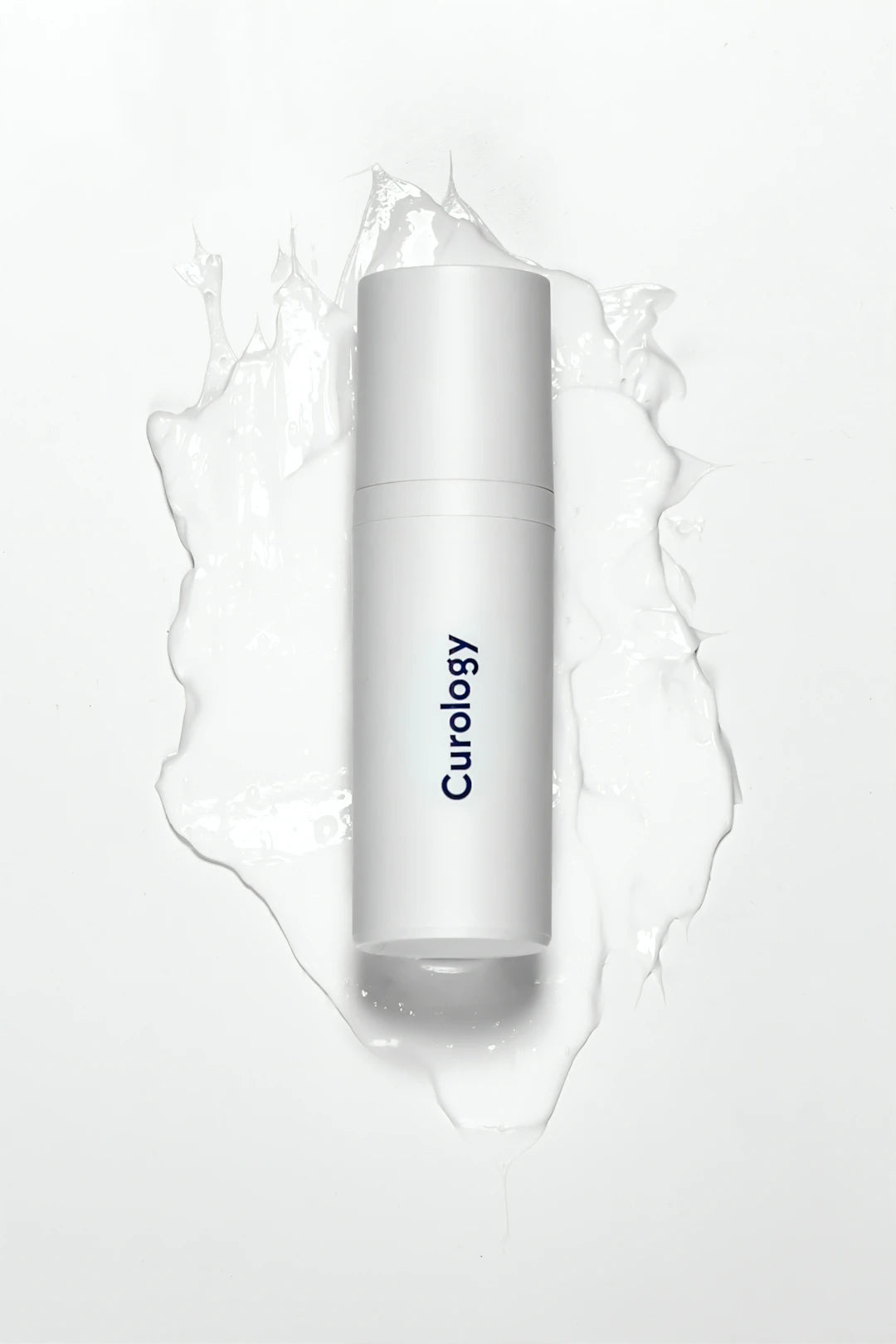Gentle Care: Your Ultimate Guide to Skincare for Sensitive Skin

Having sensitive skin can be a challenge, especially when figuring out what types of products and routines will yield the best results without causing irritation. Whether you're dealing with redness, dryness, or reactions to environmental factors, establishing a knowledgeable approach to skincare will empower you to achieve that radiant and healthy glow. In this guide, we’ll provide you with essential tips and tricks tailored specifically for sensitive skin, focusing on key ingredients like hydrating facial oil, skincare routines, and more!
Understanding Sensitive Skin
To properly care for sensitive skin, it’s crucial to understand its unique characteristics. Sensitive skin is more reactive to various elements and often experiences discomfort due to:
- Environmental factors (sun, wind, temperature)
- Aging and hormonal changes
- Allergens in skincare products
- Lifestyles stresses and dietary choices
By identifying these triggers, you can better tailor your skin care routine, ensuring that you are soothing rather than aggravating your skin.
Establishing a Gentle Skincare Routine
Creating a skin care routine that caters to your skin's sensitivity can make all the difference. Here are essential steps to consider.
1. Cleansing Wisely
Choose a gentle, fragrance-free cleanser formulated for sensitive skin. Avoid harsh exfoliants and alcohol-based cleansers, as they can strip your skin of natural oils and lead to irritation. Opt for cream or hydrating cleansers that will effectively cleanse without disrupting the skin barrier.
2. Moisturizing Must-Haves
Moisturizing is critical for sensitive skin. A good moisturizer creates a protective barrier and locks in hydration. Look for formulations enriched with calming ingredients like aloe vera, chamomile, or calendula. Incorporating a hydrating facial oil into your routine can also provide additional moisture, promoting hydration and softness without causing breakouts.
3. Exfoliation Tips
Exfoliation is essential, but too much can be damaging for sensitive skin. Use gentle exfoliants like enzyme-based products or chemical exfoliants with lactic acid, which are less aggressive than physical scrubs. Limit exfoliation to once or twice a week to avoid irritation.
The Role of Ingredients
Understanding which ingredients to look for and avoid can tremendously benefit your skincare journey. Here are a few should-haves and should-avoids:
Key Ingredients for Sensitive Skin
- Hyaluronic Acid: This ingredient hydrates and plumps the skin, helping to maintain moisture levels.
- Niacinamide: Known for reducing redness and improving the skin barrier, it’s a powerhouse for sensitive skin.
- Ceramides: Essential for reinforcing the skin barrier, ceramides help prevent moisture loss and protect against irritants.
- Colloidal Oatmeal: This natural ingredient calms irritation and provides a soothing effect.
- Antioxidants: Ingredients such as vitamin C can help with skin healing and reversing oxidative stress.
Ingredients to Avoid
- Alcohol: Often found in toners and some cleansers, it can be excessively drying.
- Fragrance: Synthetic fragrances can trigger allergic reactions and irritation.
- Harsh exfoliants: Avoid scrubs with large particles and microbeads that can scratch the skin.
- Essential Oils: While natural, some essential oils can be irritating to sensitive skin.
Daily Skincare Tips for Sensitive Skincare Enthusiasts
Implementing a thoughtful daily routine can make a significant change for sensitive skin. Follow these tips to promote a calming and effective regimen:
Stay Sun-Safe
UV exposure can further irritate sensitive skin and accelerate aging. Always apply a broad-spectrum sunscreen of at least SPF 30 daily, even on cloudy days. Consider mineral sunscreens containing zinc oxide or titanium dioxide as they are less likely to cause irritation.
Be Mindful of Water Temperature
When cleansing or rinsing your face, opt for lukewarm water rather than hot. Hot water can strip the skin of necessary oils and exacerbate dryness.
Adopt a Minimalist Approach
Fewer products mean less risk of irritation. Stick to the essentials—a gentle cleanser, a nourishing moisturizer, and sunscreen. Add new products gradually to detect how your skin reacts.
Follow a Consistent Routine
Consistency is key in any skincare routine. Aim to maintain your regimen both morning and night, allowing the skin time to adjust and reap the benefits of the products you’re using.
Antiaging and Skin Firming Strategies
Even if you're dealing with sensitive skin, you can effectively pursue antiaging and skin tightening strategies:
Serums for Sensitive Skin
Incorporate serums rich in antioxidants and peptides that promote collagen production. These ingredients help reduce the appearance of fine lines and can aid in skin tightening while remaining gentle on your skin.
Hydration is Key
Keeping sensitive skin hydrated is vital to maintaining elasticity and firmness. Regularly using a hydrating facial oil can seal in moisture while providing a barrier against environmental stressors. Consider ingredients like jojoba oil or rosehip oil, which are known for being gentle yet effective.
Focus on Nutrition
Your diet plays an essential role in skin health. Incorporate foods rich in vitamins A, C, E, and antioxidants. Hydration is also important; drink plenty of water to help maintain your skin's moisture levels.
Holistic Approaches to Skincare
In addition to topical care, there are holistic approaches that can significantly enhance your skincare experience and foster overall skin health.
Mindfulness and Stress Reduction
High stress can exacerbate skin conditions, particularly for sensitive skin. Retaining stress management techniques like yoga, meditation, or regular physical activity can help your skin cope better.
Sleep Your Way to Radiance
Never underestimate the power of a good night's sleep! Quality sleep allows your skin to repair itself and can help reduce inflammation. Aim for at least 7-8 hours of uninterrupted rest each night.
Consulting Professionals
If you persistently struggle with your sensitive skin, consider consulting a dermatologist. They can assist in identifying triggers and provide tailored treatment plans suitable for your unique skin type.
Your Skincare Journey Awaits!
Starting a journey towards nurturing sensitive skin can be an empowering process filled with discovery. Remember to embrace the learning curve as you find what works best for your unique skin type. By adopting a conscientious skin care routine, implementing the proper ingredients, and paying attention to your skin’s needs, you can enjoy the reward of healthy, radiant skin. So grab your favorite hydrating facial oil and join the path to a glowing finish—you’ve got this!


